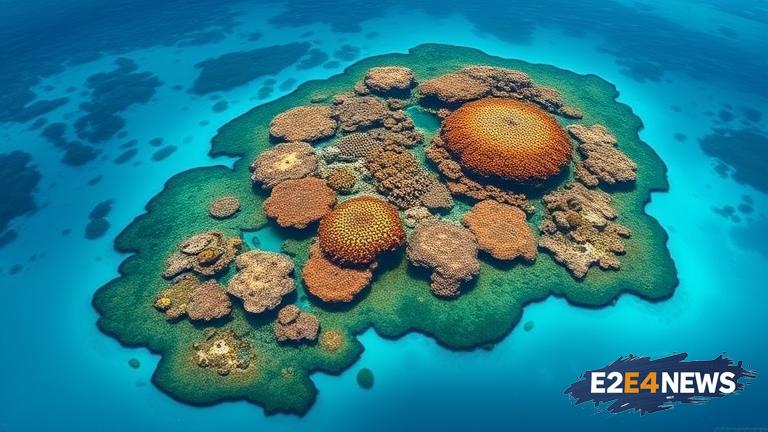The UNESCO World Heritage Committee has decided to conduct a comprehensive review of the conservation efforts for the Great Barrier Reef, one of the most biologically diverse ecosystems on the planet. The decision was made in response to concerns about the reef’s declining health due to climate change, pollution, and overfishing. The Great Barrier Reef, located off the coast of Queensland, Australia, is the world’s largest coral reef system, spanning over 2,300 kilometers. It is home to an incredible array of marine life, including more than 1,500 species of fish, 600 species of coral, and many other creatures, such as sharks, rays, and turtles. However, the reef has been facing significant threats in recent years, including rising sea temperatures, which have caused widespread coral bleaching, and pollution from land-based activities, such as fertilizers and sediments. The Australian government has been criticized for its handling of the reef’s conservation, with many arguing that it has not done enough to protect the ecosystem. The UNESCO review will assess the effectiveness of the conservation efforts and provide recommendations for improvement. The review will also examine the impact of climate change on the reef and the measures being taken to mitigate its effects. The Australian government has welcomed the review, stating that it is committed to protecting the reef and preserving its natural beauty for future generations. However, environmental groups have expressed skepticism, arguing that the government’s actions have been inadequate and that more needs to be done to address the reef’s declining health. The review is expected to take several months to complete, with a final report due to be submitted to the UNESCO World Heritage Committee. The committee will then use the report to inform its decision on whether to list the Great Barrier Reef as a World Heritage site in danger. The listing would be a major embarrassment for the Australian government and could lead to increased international pressure to improve the reef’s conservation. The Great Barrier Reef is not only an important ecosystem, but it also generates significant economic benefits for Australia, with tourism and fishing industries worth billions of dollars. The reef’s conservation is also important for the livelihoods of thousands of people who depend on it for their income. In addition to the economic benefits, the reef also has significant cultural and spiritual importance for the indigenous people of Australia, who have been living in harmony with the reef for thousands of years. The UNESCO review is a critical step towards ensuring the long-term conservation of the Great Barrier Reef and preserving its natural beauty for future generations. The review will also provide an opportunity for the Australian government to demonstrate its commitment to protecting the reef and addressing the significant threats it faces. The outcome of the review will be closely watched by environmental groups, scientists, and the international community, who are all eager to see meaningful action taken to protect the Great Barrier Reef.
